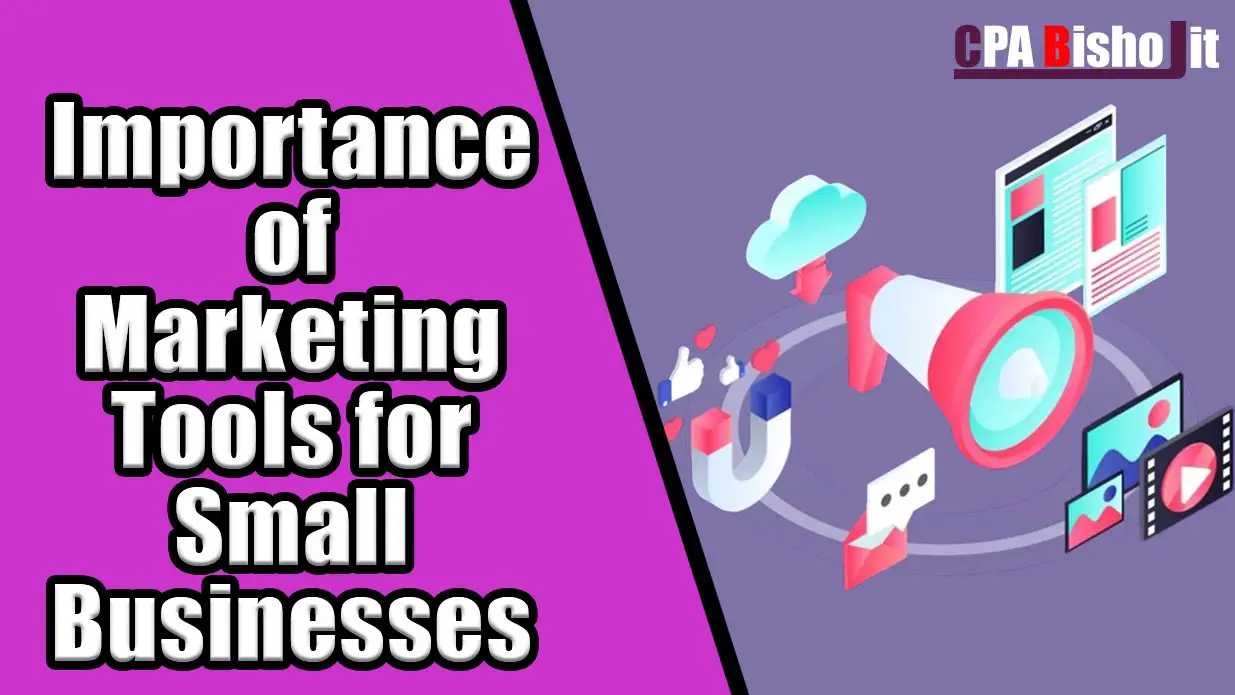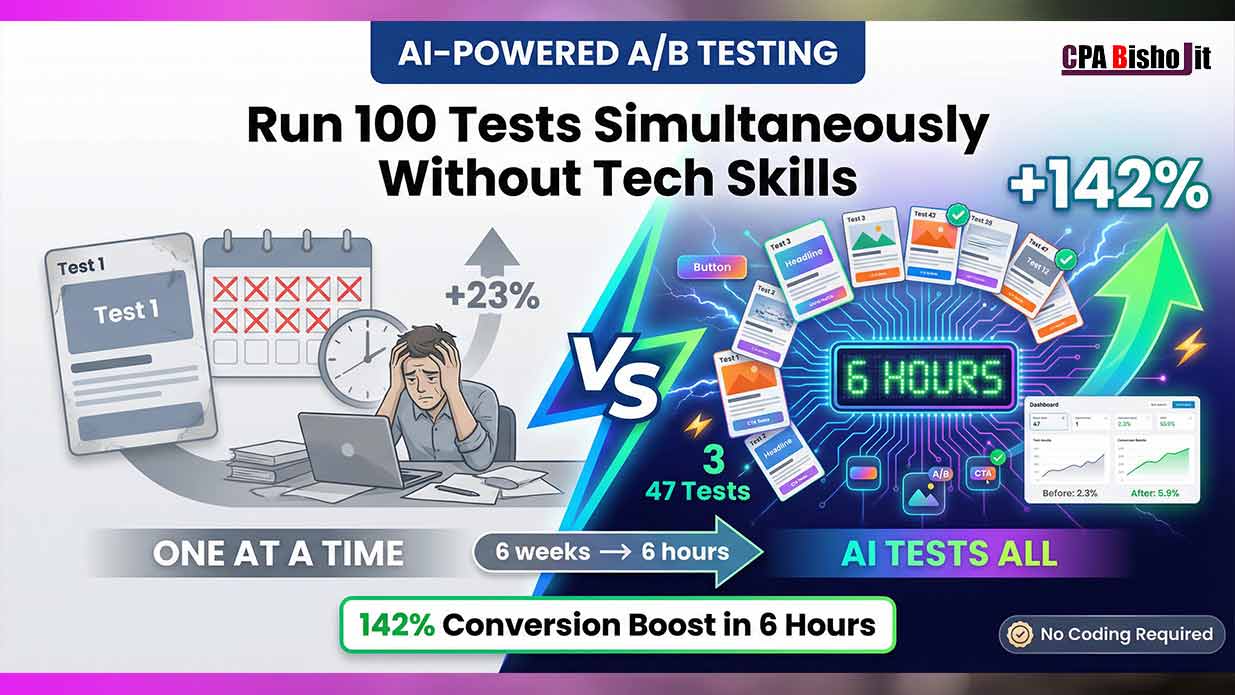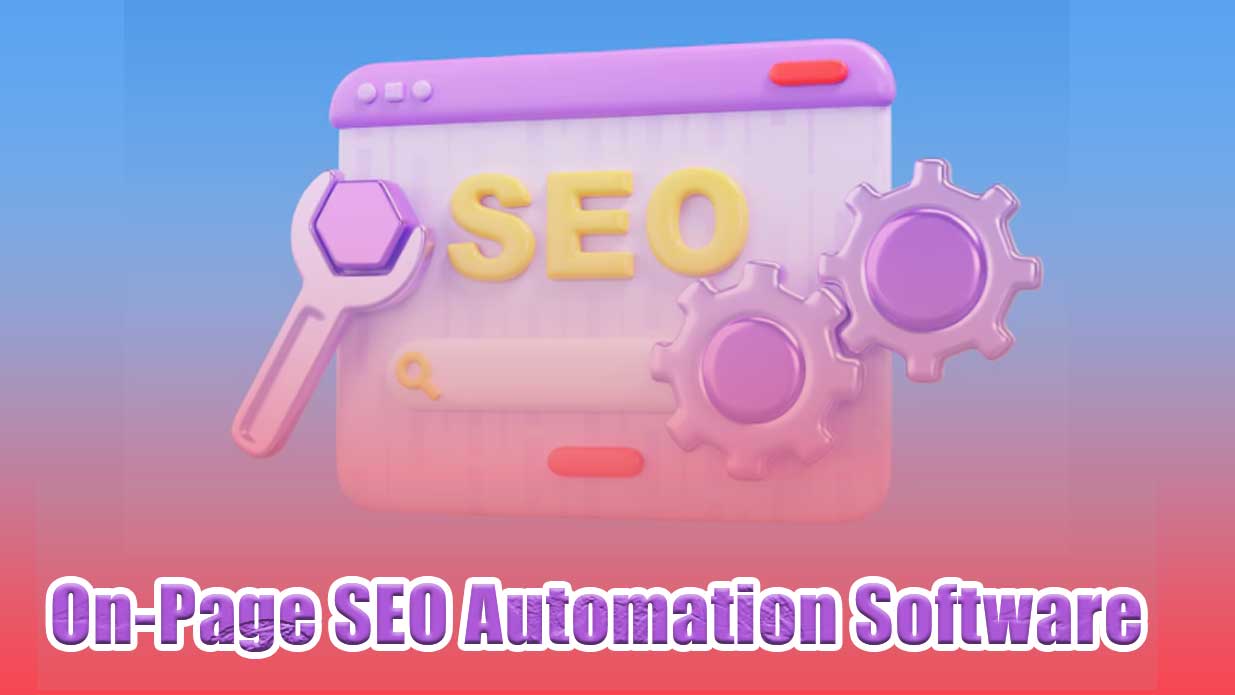The Importance of Marketing Tools for Small Businesses in 2024

Customers just aren’t discovering what you have to offer. In today’s time, a strong online presence is no longer optional – it’s essential. But with limited resources and time, how can a small business owner compete with larger companies?
This is where marketing tools come in. By leveraging the right technology, you can bridge the gap and connect with your target audience in a powerful way. Keep reading to discover how marketing tools can empower your small business in 2024!
The Power of Marketing in 2024
The business landscape in 2024 is a dynamic one. Consumer habits are constantly evolving, and the competition for attention is fiercer than ever. For small businesses, navigating this environment can feel overwhelming. However, the good news is that the power of marketing in 2024 is stronger than ever before.
Gone are the days of relying solely on traditional methods like flyers and local ads. Today’s marketing toolbox is brimming with innovative tools and strategies that allow small businesses to punch above their weight.
- Hyper-Targeted Reach: Imagine being able to laser-focus your message on exactly the right customers. With advanced audience segmentation and targeting options, you can reach people who are genuinely interested in what you offer.This eliminates wasted marketing spend and ensures your message resonates with those most likely to convert.
- Enhanced Brand Building: Building a strong brand identity is crucial for any business. Effective marketing in 2024 allows you to craft a consistent and compelling brand story across all your marketing channels. This fosters trust and loyalty with your target audience, making them more likely to choose you over competitors.
- Data-Driven Decisions: Gone are the days of guesswork in marketing. Today’s marketing tools provide you with a wealth of data and analytics. This allows you to track campaign performance, measure ROI, and identify what’s working and what’s not. This data-driven approach ensures you’re constantly optimizing your marketing efforts for maximum impact.
- Increased Customer Engagement: Marketing in 2024 isn’t just about broadcasting a message. It’s about fostering two-way communication with your audience. Social media platforms and interactive content allow you to engage with your customers, answer their questions, and build a strong community around your brand.
- Automation for Efficiency: Small businesses often wear many hats. The beauty of marketing tools in 2024 is that they can automate many time-consuming tasks. This includes scheduling social media posts, managing email campaigns, and nurturing leads. This frees up your valuable time to focus on other areas of your business.
Harnessing the power of marketing in 2024, small businesses can level the playing field and achieve remarkable results.
How Marketing Tools Empower Small Businesses
Having a team of marketing experts working for you, even if your budget doesn’t allow for a full-fledged marketing department. That’s the magic of marketing tools in 2024. These tools are more than just fancy software; they’re powerful allies that can help you achieve your marketing goals and compete with larger companies.
Bridge the Resource Gap
Marketing success often hinges on creativity, content creation, and data analysis. But for a small business owner, these tasks can feel overwhelming, especially when juggling other responsibilities. Marketing tools fill this gap by providing user-friendly interfaces and features that help you:
- Create professional-looking content: Design software like Canva allows you to create visually appealing graphics and social media posts without needing graphic design expertise.
- Develop targeted email campaigns: Email marketing platforms like Mailchimp offer templates and automation features to send personalized emails to your audience.
- Gain valuable insights: Analytics tools like Google Analytics provide data on website traffic, user behavior, and campaign performance, allowing you to refine your strategy.
Boost Efficiency and Productivity
Time is a precious commodity for any small business owner. Marketing tools can free up your valuable time by automating repetitive tasks.
- Social media scheduling: Schedule your social media posts for the week in advance and let the tool handle the publishing.
- Email marketing automation: Set up automated email sequences to nurture leads and engage with customers.
- Project management: Use tools like Asana or Trello to manage marketing projects, assign tasks to team members, and track progress.
Level the Playing Field
The digital marketing landscape can feel intimidating for small businesses competing with established companies. Marketing tools help bridge this gap by offering features that were once exclusive to large marketing budgets
- Search Engine Optimization (SEO) tools: Tools like Ranktracker can help you optimize your website for search engines, increasing your chances of ranking higher in search results.
- Social media listening tools: These tools help you track brand mentions and industry conversations, allowing you to participate in relevant discussions and connect with potential customers.
- Pay-Per-Click (PPC) advertising platforms: Platforms like Google Ads and Facebook Ads allow you to create targeted online advertising campaigns with a budget you can control.
By leveraging these capabilities, small businesses can gain a competitive edge and reach their target audience more effectively.
How to Implement Marketing Tools Effectively
Equipping yourself with the right marketing tools is just the first step. To unlock their full potential and propel your small business forward.
Training Your Team

Implementing marketing tools effectively requires more than just investing in the right software—it also requires ensuring that your team has the knowledge and skills to utilize these tools to their fullest potential. Providing comprehensive training to your team is essential to maximizing the value of your marketing tools and ensuring that they are used effectively.
Start by identifying the specific tools that your team will be using and developing training programs tailored to each tool.
This may involve conducting training sessions, providing access to online tutorials and resources, or even bringing in external experts to provide specialized training. By investing in training and development, you can empower your team to use marketing tools effectively and drive better results for your business.
Integrating Tools with Existing Systems
One of the key challenges in implementing marketing tools effectively is ensuring seamless integration with existing systems and processes. Many businesses use a variety of different tools and platforms to manage their operations, from customer relationship management (CRM) systems to accounting software to project management tools.
Integrating marketing tools with these existing systems is essential to ensuring that data flows smoothly between different parts of your organization and that your marketing efforts are aligned with your overall business objectives.
Start by conducting a thorough review of your existing systems and processes to identify potential areas for integration.
This may involve working with your IT team or external consultants to develop custom integrations or leveraging existing integration tools and platforms. By integrating your marketing tools with your existing systems, you can streamline workflows, improve data accuracy, and ensure that your marketing efforts are closely aligned with your business goals.
Measuring Success
Finally, implementing marketing tools effectively requires a robust system for measuring success and evaluating the impact of your marketing efforts. Without accurate and actionable data, it can be difficult to assess the effectiveness of your marketing campaigns and make informed decisions about future strategies.
Start by defining clear key performance indicators (KPIs) for your marketing efforts, such as website traffic, lead generation, conversion rates, and return on investment (ROI). Use marketing analytics tools to track these KPIs in real-time and generate reports that provide insights into the performance of your marketing campaigns.
Regularly review and analyze your marketing data to identify trends, patterns, and areas for improvement. Use this information to refine your marketing strategies, optimize your campaigns, and drive better results for your business. By measuring success and continuously iterating on your marketing efforts, you can ensure that your marketing tools are delivering maximum value and driving growth for your business.
Choosing the Right Marketing Tools for Your Business
Selecting the right marketing tools for your business is crucial to achieving your marketing objectives and driving success. With a wide range of options available in the market, it’s essential to carefully evaluate your needs, goals, and budget to make informed decisions.
1. Define Your Objectives and Goals
Before you start exploring different marketing tools, take the time to define your specific objectives and goals.
Consider what you want to achieve with your marketing efforts, whether it’s increasing brand awareness, generating leads, or driving sales. By clearly defining your goals, you can narrow down your options and focus on the tools that align with your objectives.
2. Know Your Target Audience
Understanding your target audience is essential when selecting marketing tools. Consider the demographics, preferences, and behaviors of your target audience, as well as where they spend their time online. This information will help you choose tools that allow you to effectively reach and engage with your target audience.
3. Evaluate Your Budget
Your budget will play a significant role in determining which marketing tools are feasible for your business. Consider how much you can afford to spend on marketing tools and prioritize your expenses accordingly. Keep in mind that investing in the right tools can yield significant returns for your business in the long run.
4. Research Your Options
Take the time to research and explore different marketing tools that are available in the market. Consider factors such as features, pricing, user reviews, and customer support when evaluating your options. Look for tools that offer the functionality you need at a price point that fits within your budget.
5. Test and Experiment
Once you’ve narrowed down your options, consider testing and experimenting with a few different tools before making a final decision. Many marketing tools offer free trials or demos that allow you to test out their features and functionality before committing to a purchase. Take advantage of these opportunities to see how each tool performs and determine which one best meets your needs.
Conclusion
In conclusion, the importance of marketing tools for small businesses in 2024 cannot be overstated. In today’s competitive business landscape, leveraging the power of marketing tools is essential for small businesses to thrive and succeed.
Throughout this article, we’ve explored the significance of marketing in 2024 and how marketing tools empower small businesses to reach new heights. From enhancing efficiency and streamlining workflows to enabling data-driven decision-making and expanding reach, these tools play a vital role in driving growth and achieving success.











